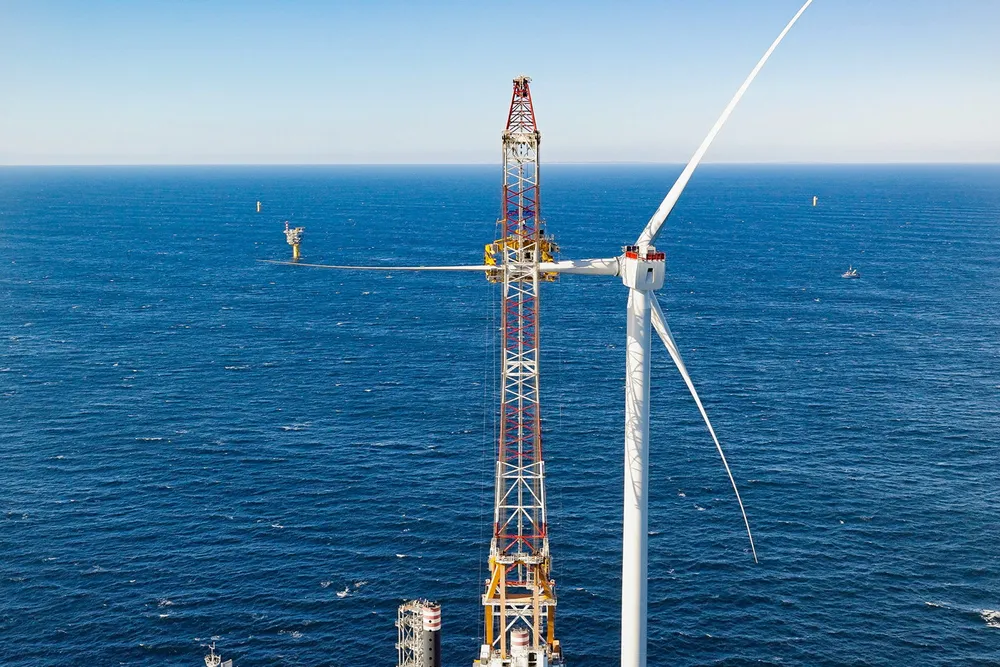Orsted delays US Revolution Wind on Eversource late substation construction, contaminated soil
Challenged project hasn't diminished Dane's 'firm belief' in American renewables sector amid booming power demand driven by AI, re-shored manufacturing

Orsted pushed back commissioning of its 704MW Revolution Wind to 2026 due to substation construction delays and “higher-than-anticipated levels of soil contamination” at the project's landfall site, CEO Mads Nipper said Thursday.
The onshore substation is being built by Eversource on a military landfill site where permitting and site preparation have proved to be more challenging than anticipated.
“The delayed construction of the onshore substation will result in knock-on impacts on the revenue profile and costs for extending the installation period,” the company said in its first half 2024 earnings presentation.
Nipper admitted during the earnings call that Orsted knew the landfall site at Quonset Business Park, Rhode Island, a former US Navy base, was contaminated.
However, "the comprehensive analysis from Eversource as part of the early construction work have shown that the level of contamination and its impacts to the project schedule are more substantial than anticipated,” said Nipper.
“As a result, an update to the site design was required, which has resulted in a delay to the onshore construction activities,” he added.
The pushed back Revolution commissioning contributed to impairment losses of DKr3.9bn ($576m), along with stopping its FlagshipONE e-methanol project in Sweden.
Despite the setback in onshore construction, Revolution Wind has installed 44 of the project's 67 monopiles and is set to begin installation of its 11MW Siemens Gamesa turbines this year.
Early pacesetter
Orsted was an early pacesetter in the nascent US offshore wind industry but has struggled with macroeconomic challenges as well as supply chain turmoil that continue to impact its projects.
Boston-based utility Eversource was joint venture (JV) partner with Orsted in the three early projects, including Revolution split between Connecticut and Rhode Island, and the 132MW South Fork and 920MW Sunrise arrays, both to New York.
Eversource sold off its 50% stake in Revolution and South Fork to BlackRock-owned Global Infrastructure Partners earlier this year.
Orsted, meanwhile, bought Eversource’s Sunrise stake to take full ownership of the project with the award of new offtake contracts by New York. Sunrise is now fully permitted and in construction.
US optimism
Amid these struggles, Orsted maintains optimism about US renewables despite uncertainty over the outcome of national elections to be held 5 November, CEO Mads Nipper confirmed in its earnings call.
“We are firm believers that renewable energy has a bright future in the US market, no matter what happens in the election,” Nipper said, citing rising power demand from technology sectors including AI as well as reshoring of American manufacturing as key factors.
“There's also a strong demand for green power, and we are convinced that offshore wind power as well as onshore would be a core goal of that,” he added.
The renewables sector, particularly offshore wind, has enjoyed lavish policy support from President Joe Biden’s administration.
This backing will likely continue should Vice President Kamala Harris win the election in November. Her rival, former president Donald Trump, is avowedly anti-wind and has pledges to shut down the industry on “day one” of his second term, if elected.
(Copyright)